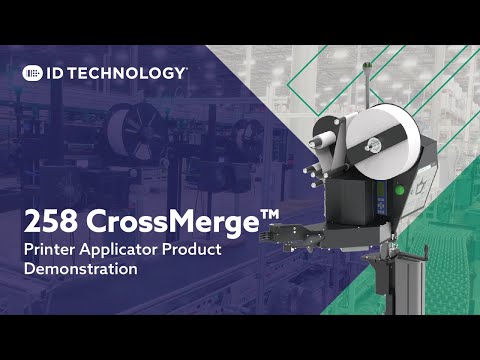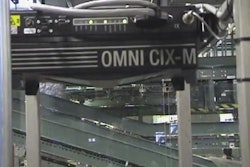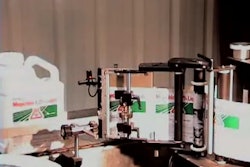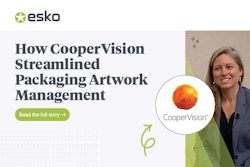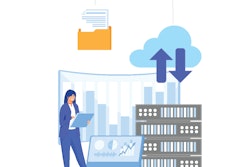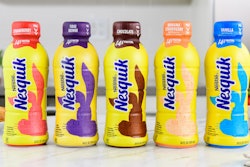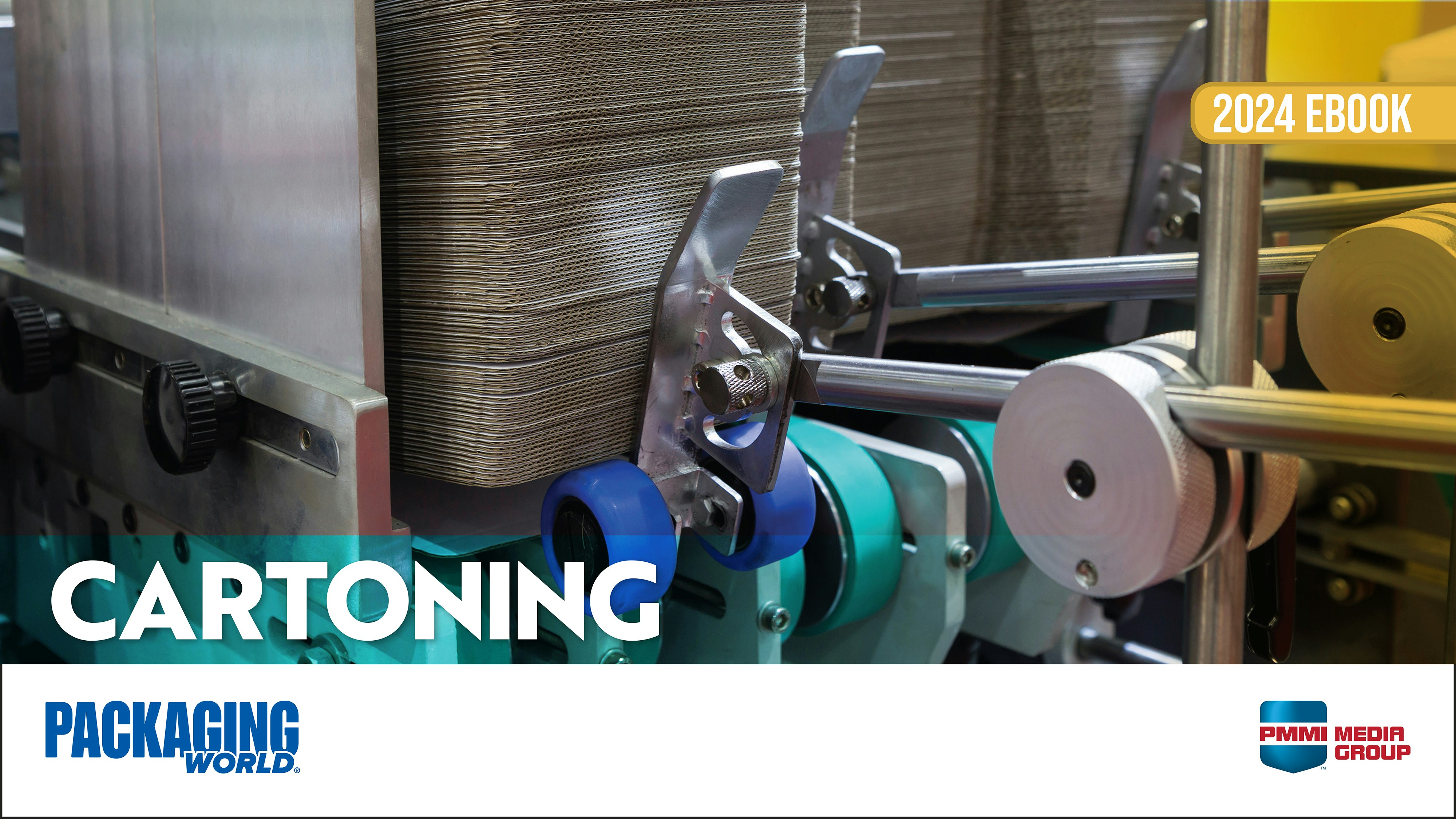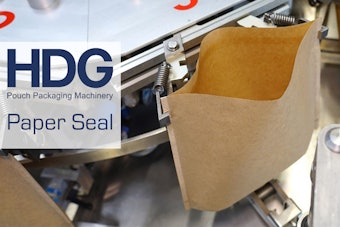The Auto ID Center is developing technology that will let computers identify any object--any package--anywhere, automatically without human intervention. Sponsors include Abbot Laboratories, Eastman Kodak, Home Depot, Lowes, Pepsi, Pfizer, Philip Morris US, The Gillette Co., Uniform Code Council, and Wegman’s.
What is the Auto-ID Center working on currently?
Ashton: Our immediate task is to design a common technical infrastructure that will allow automatic identification. We have labs here at MIT, at the University of Cambridge in England, and at Adelaide University in Australia. In the next few months we are opening labs in Japan, China, and Switzerland.
PW: What are the implications of ID technology for packagers?
Ashton: Short-term, there are implications for the packaging supply chain. Once the capability for automatic identification is built into the pack, package manufacturers should know how to get value from it for themselves. This new capability doesn't just benefit their customers--it benefits them. How many are in the warehouse? Are we shipping the right thing? All the supply chain applications that others want become available to packagers, or at least to the companies that understand how to use the technology. The efficiency savings will increase profits, reduce prices, improve service--all competitive advantages. Long-term, which is harder to predict, there could be deeper changes.
PW: What would be an example of a deeper change?
Ashton: Take recycling, for instance. A few decades from now, these RFID chips may be in everything. And when that happens, it may become possible to automatically sort post-consumer packaging waste into very specific groups. You could then imagine packaging buyers wanting rugged, multi-use packages, because they can get the packages back post-consumer. That would take the packaging industry Alice-like through the looking glass--today most things are optimized for a single use, and so are the economics of the packaging business. What happens if waste materials instead can become raw materials? Not in the half-hearted, low-grade way we think of recycling today, but literally as pure grades. What would that mean? This may seem futuristic, but twenty years is not that long. How far away does 1983 seem now?
PW: You had mentioned an RFID ‘package’ rather than a label--in what other ways can packaging be used in this new age of information?
Ashton: Once you get into that mind set, all sorts of interesting ideas start to pop up. They range from materials science questions to design considerations. Could you mass produce a package that, while tamper-proof, enabled the consumer to turn the chip off once they got home? Is there a way to design cases that make it easier to read all the tags on all the products in the case? And so on. Packaging buyers will need this kind of functionality, and they will need it soon. Packagers that can deliver it will win in this new market. The companies that still see packages as nothing more than disposable product containers will lose. So, the first implication is that at least some customers will want more functionality from their packs.
These packages won't just be simply containers, they will be the physical platform for a new kind of information technology. How the packages are engineered will determine how well that information technology can do its job.
